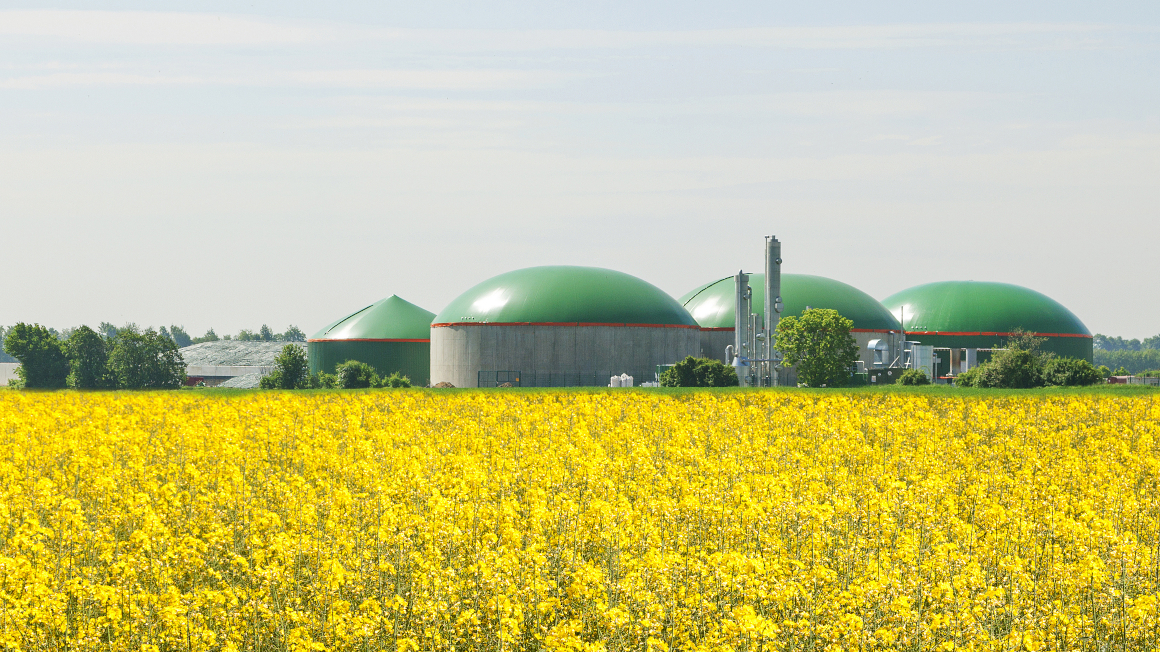Green methanol from fermentation residues of biogas plants
The conversion of biogenic residues into sustainable chemicals such as green methanol is the focus of two new projects that the BMFTR is funding with around €1.8 million through the WIR! innovation alliance ‘biogeniV’.

Methanol is a valuable synthetic raw material in the chemical industry, which is also used as a solvent and fuel. In future, methanol produced from plant-based raw materials and residues could replace some of the chemicals currently based on fossil raw materials. This is where the ‘biogeniV’ alliance, funded by the Federal Ministry of Research, Technology and Space (BMFTR) as part of the ‘WIR! – Innovation and Structural Change’ programme, comes in.
Two projects, one goal
Two new research projects have now been launched, each of which will receive a total of around 1.8 million euros in funding from the BMFTR until 2028. Both projects aim to convert biogenic residues that have been little used or used inefficiently to date, such as fermentation residues from regional biogas plants, into high-quality chemical energy sources such as green methanol.
New technologies for utilising biogenic residues
The ‘Residue Drying’ project is receiving around €514,000 in funding and is being coordinated by the German Biomass Research Centre (DBFZ). In collaboration with Cosun Beet Company Anklam and mele Energietechnik, the project is developing processes for the energy-efficient dewatering, drying and compaction of fermentation residues, such as those produced during sugar production. ‘By mixing the fermentation residues with regionally produced residues such as roadside wood, landscape maintenance material or industrial waste streams, chemical and energy-specific properties can be specifically influenced and modified. In addition, a homogeneous product is created that can be stored, dosed and transported, which is ideal for use in gasification,’ explains project manager Claudia Kirsten from the DBFZ.
The second project, titled ‘Residual Material Gasification,’ is led by the TU Bergakademie Freiberg and funded with around 1.3 million euros. Together with the Stralsund University of Applied Sciences, the Institute for Renewable Energy Systems and the Cosun Beet Company, new gasification technologies for the utilisation of biogenic residues are being developed and tested here. ‘Biogenic residues will play a central role in the future, as their use is more cost-effective than the purely electricity-based production of green methanol,’ emphasises Daniel Fink, Bioenergy Production Manager at Cosun Beet Company Anklam.
Green methanol as marine fuel
Due to its proximity to the Baltic Sea and inland waterways, the production of green methanol is seen as having great potential for the Mecklenburg-Western Pomerania region and an opportunity to become ‘a model region for new, sustainable value chains based on green methanol’.
bb


